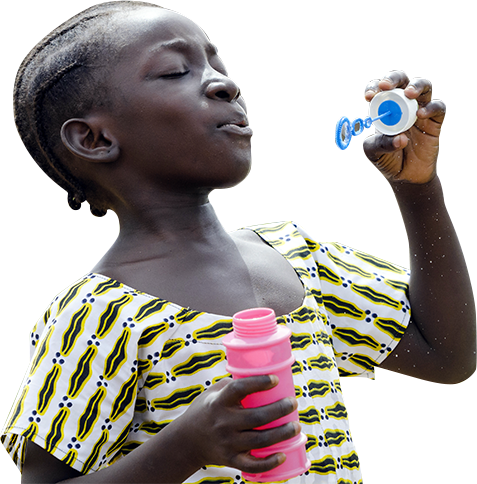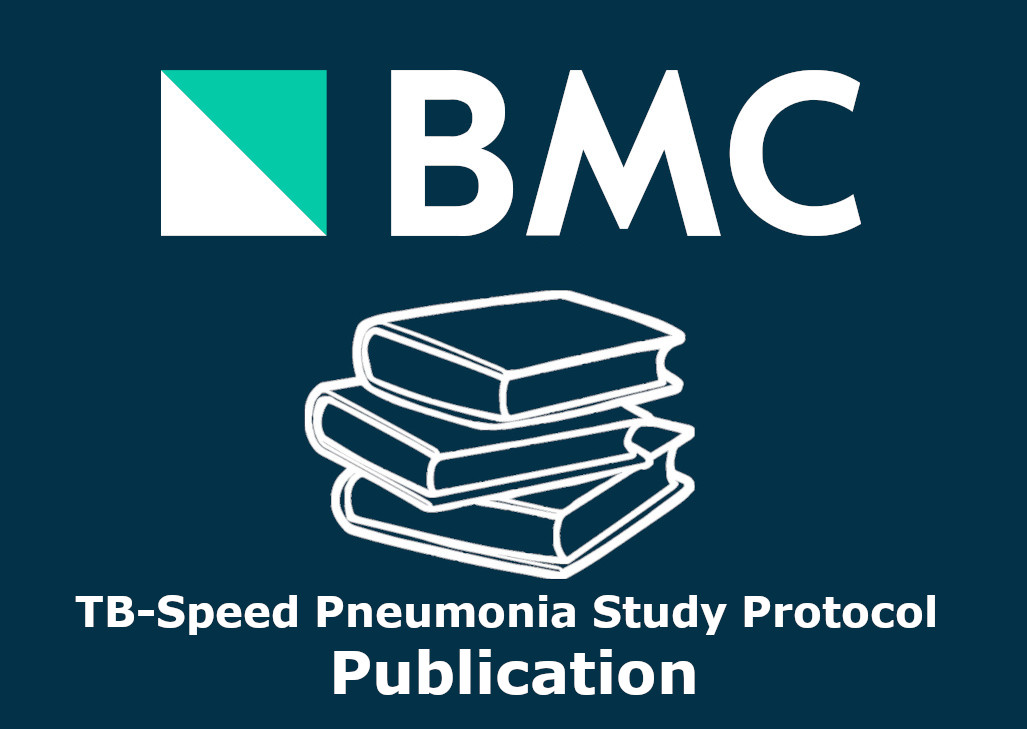TB-Speed vous présente
une nouvelle publication dans BMC Pediatrics :
IMPACT OF SYSTEMATIC EARLY TUBERCULOSIS DETECTION USING XPERT MTB/RIF ULTRA IN CHILDREN WITH SEVERE PNEUMONIA IN HIGH TUBERCULOSIS BURDEN COUNTRIES (TB-SPEED PNEUMONIA): A STEPPED WEDGE CLUSTER RANDOMIZED TRIAL
Abstract:
Background
In high tuberculosis (TB) burden settings, there is growing evidence that TB is common in children with pneumonia, the leading cause of death in children under 5 years worldwide. The current WHO standard of care (SOC) for young children with pneumonia considers a diagnosis of TB only if the child has a history of prolonged symptoms or fails to respond to antibiotic treatments. As a result, many children with TB-associated severe pneumonia are currently missed or diagnosed too late. We therefore propose a diagnostic trial to assess the impact on mortality of adding the systematic early detection of TB using Xpert MTB/RIF Ultra (Ultra) performed on nasopharyngeal aspirates (NPA) and stool samples to the WHO SOC for children with severe pneumonia, followed by immediate initiation of anti-TB treatment in children testing positive on any of the samples.
Methods
TB-Speed Pneumonia is a pragmatic stepped-wedge cluster randomized controlled trial conducted in six countries with high TB incidence rate (Côte d’Ivoire, Cameroon, Uganda, Mozambique, Zambia and Cambodia). We will enrol 3780 children under 5 years presenting with WHO-defined severe pneumonia across 15 hospitals over 18 months. All hospitals will start managing children using the WHO SOC for severe pneumonia; one hospital will be randomly selected to switch to the intervention every 5 weeks. The intervention consists of the WHO SOC plus rapid TB detection on the day of admission using Ultra performed on 1 nasopharyngeal aspirate and 1 stool sample. All children will be followed for 3 months, with systematic trial visits at day 3, discharge, 2 weeks post-discharge, and week 12. The primary endpoint is all-cause mortality 12 weeks after inclusion. Qualitative and health economic evaluations are embedded in the trial.
Discussion
In addition to testing the main hypothesis that molecular detection and early treatment will reduce TB mortality in children, the strength of such pragmatic research is that it provides some evidence regarding the feasibility of the intervention as part of routine care. Should this intervention be successful, safe and well tolerated, it could be systematically implemented at district hospital level where children with severe pneumonia are referred.
Authors :
Aurélia Vessière, Hélène Font, Delphine Gabillard, Laurence Adonis-Koffi, Laurence Borand, Chishala Chabala, Celso Khosa, Sandra Mavale, Raoul Moh, Veronica Mulenga, Juliet Mwanga-Amumpere, Jean-Voisin Taguebue, Mao Tan Eang, Christophe Delacourt, James A. Seddon, Manon Lounnas, Sylvain Godreuil, Eric Wobudeya, Maryline Bonnet & Olivier Marcy


